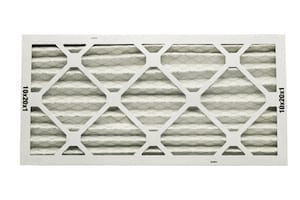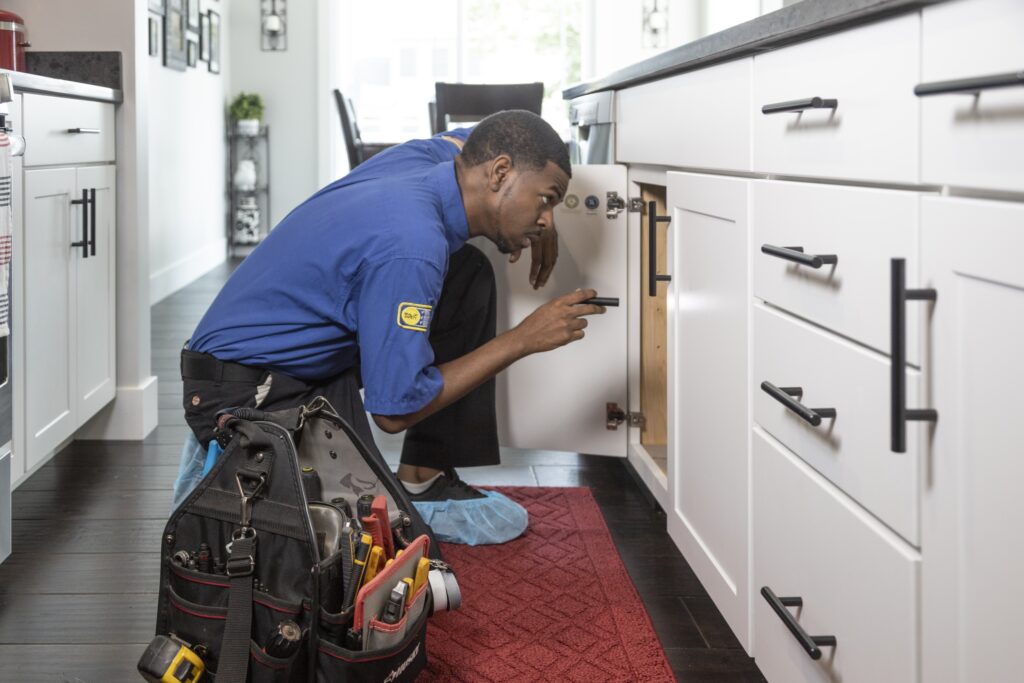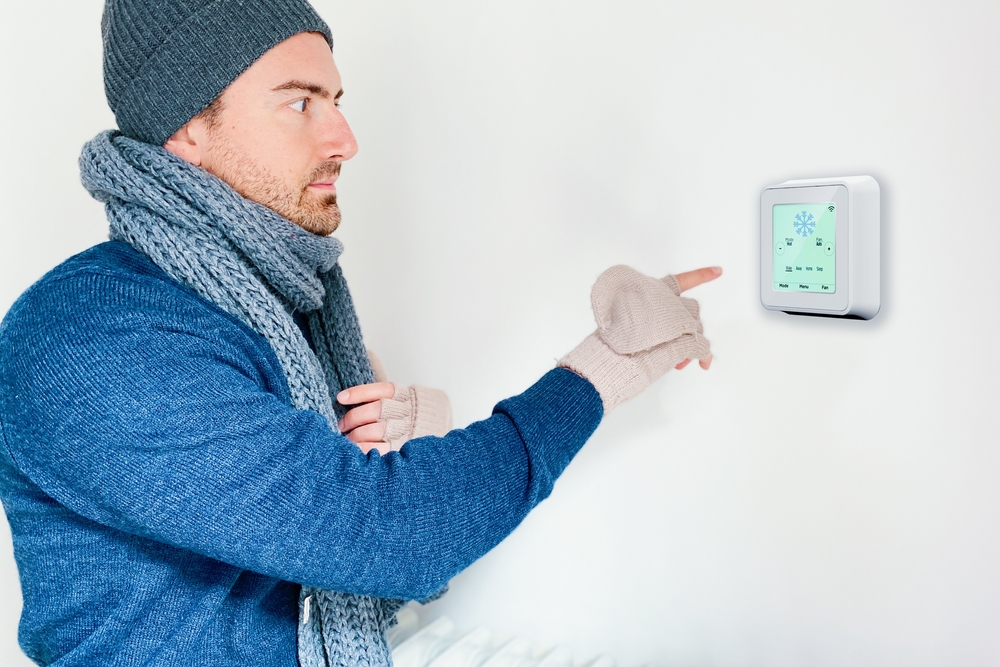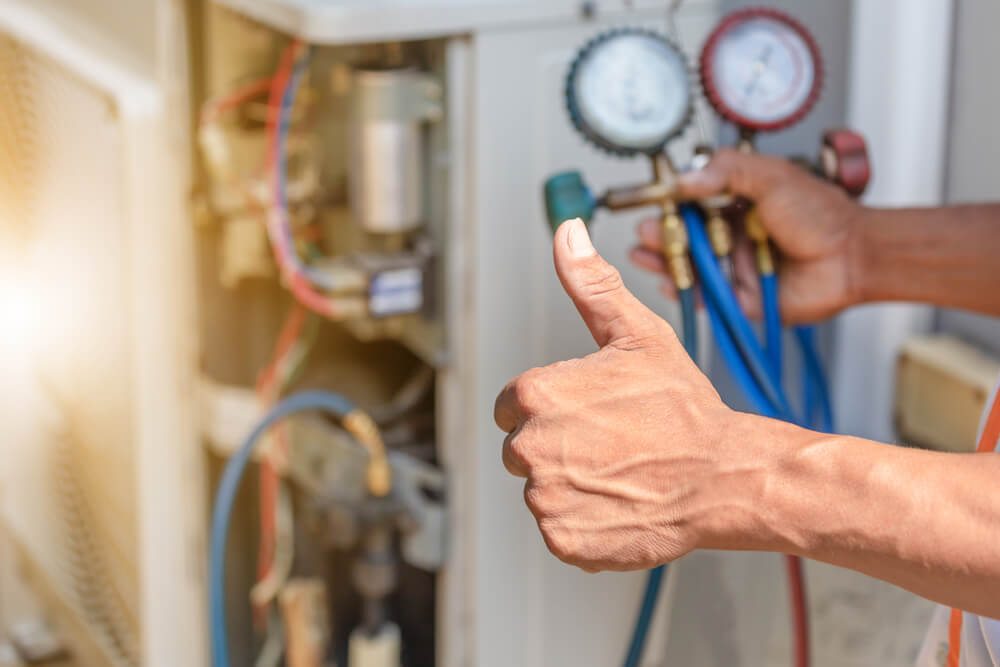Blog
Furnace Filters - a Homeowner’s Guide

 One of the things our Home Comfort Experts furnace technicians see a lot of on service calls is dirty furnace filters. Furnace filters are very important and very easy to forget about. Usually they’re out of sight, out of mind. However, furnace filters are a very important part of your furnace and essential to making sure it runs properly. A dirty filter can actually cause your furnace to stop working altogether, especially with today’s high-efficiency furnaces. Before you find yourself in a jam with a furnace that won’t work, Home Comfort Experts recommends that you familiarize yourself with these facts and tips about furnace filters.
One of the things our Home Comfort Experts furnace technicians see a lot of on service calls is dirty furnace filters. Furnace filters are very important and very easy to forget about. Usually they’re out of sight, out of mind. However, furnace filters are a very important part of your furnace and essential to making sure it runs properly. A dirty filter can actually cause your furnace to stop working altogether, especially with today’s high-efficiency furnaces. Before you find yourself in a jam with a furnace that won’t work, Home Comfort Experts recommends that you familiarize yourself with these facts and tips about furnace filters.
Replace Your Furnace Filter Every 60 Days
Other than filter replacement, furnaces are pretty low maintenance. So mark your calendar as a reminder to change your filter when necessary. For your basic 1” - 3” filters, changing your filter every other month or roughly 60 days should be sufficient. If you have pets that continuously shed or allergy sufferers in your home, you may want to change it as often as once a month.
Two Basic Types of Furnace Filters
There are two basic types of furnace filters - fiberglass and polyester/pleated. The right filter for your home depends on how clean you want your air:
- Fiberglass Filters - Fiberglass filters are the most common and the most affordable. These filters are disposable. They are made by layering fiberglass filters over each other to form a screen and keep their rigidity with the help of a metal grating around the layers.
- Polyester/Pleated Filters - These filters are made of polyester instead of fiberglass and are molded in a pleated shape. They have a higher resistance to airflow and a better ability to stop dust than the cheap fiberglass type.
What Is a MERV Rating?
MERV is an industry-created standard for rating the efficiency of air filters. MERV (Minimum Efficiency Reporting Values) ratings range from 1 to 16, with 1 being the least efficient and 16 being the most efficient. An air filter with a MERV rating between 8 and 11 is fine for most residential homes. These filters remove dust and dust-mite debris, pet hair, pollen, mold spores, pet dander, lint, and bacteria. Filters with a MERV rating of 12 or higher can remove smoke, smog, bacteria, particles that can carry viruses, and even particles that can carry odors.
Filters with Higher MERV Ratings Are Best for Pets & Allergy Sufferers
Home Comfort Experts recommends a polyester filter to keep your air clean. A MERV 4 filter captures 80% of the particles 50 microns and bigger, but only 25% of particles 3 to 10 microns. For most homeowners, a more expensive MERV 7 or 8 filter which traps 80 to 95% of the particles 5 microns and larger provides better filtration at a reasonable cost. If you have pets or allergies, you may want to increase to a 12 or 13 but remember the higher MERV rating will be money well spent. Also filters with higher MERV ratings must be replaced at least every three months to avoid restricted air flow, reduced performance and possibly furnace failure.
A Dirty Filter Can Cause Your System to Shut Down
As your filter removes particles from your air, the particles build up on the surface of the filter. This buildup is why it’s important to remember to change the filter regularly. The buildup causes your furnace to work harder to push the air through which can cause not only higher utility bills, but can cause your heat exchanger to overheat and shut off too quickly. If that happens too often, the electronic "limit switch" safeguard can fail, and then the furnace won't fire up at all. You don’t want to pay for a service call and a new part that could cost you $150 - $175 when all you had to do was change your filter.
Related Read: Save 20% on Heating Bills - Seal Your Ducts
Don’t Forget the Filter in the Summer Too
Dirty filters can also cause problems in the summer with your air conditioner. A clogged filter can cause the evaporator or cooling coil to freeze up because not enough air flows past the coil to dissipate the condensation which then freezes. This reduces the air conditioner’s ability to remove heat from the air and will eventually cause it to break down. Remember to change your filter regularly. Write it on your calendar for every 30 - 60 days depending on how efficient your filter is. This will save you money on utility bills and perhaps an unnecessary service call.






